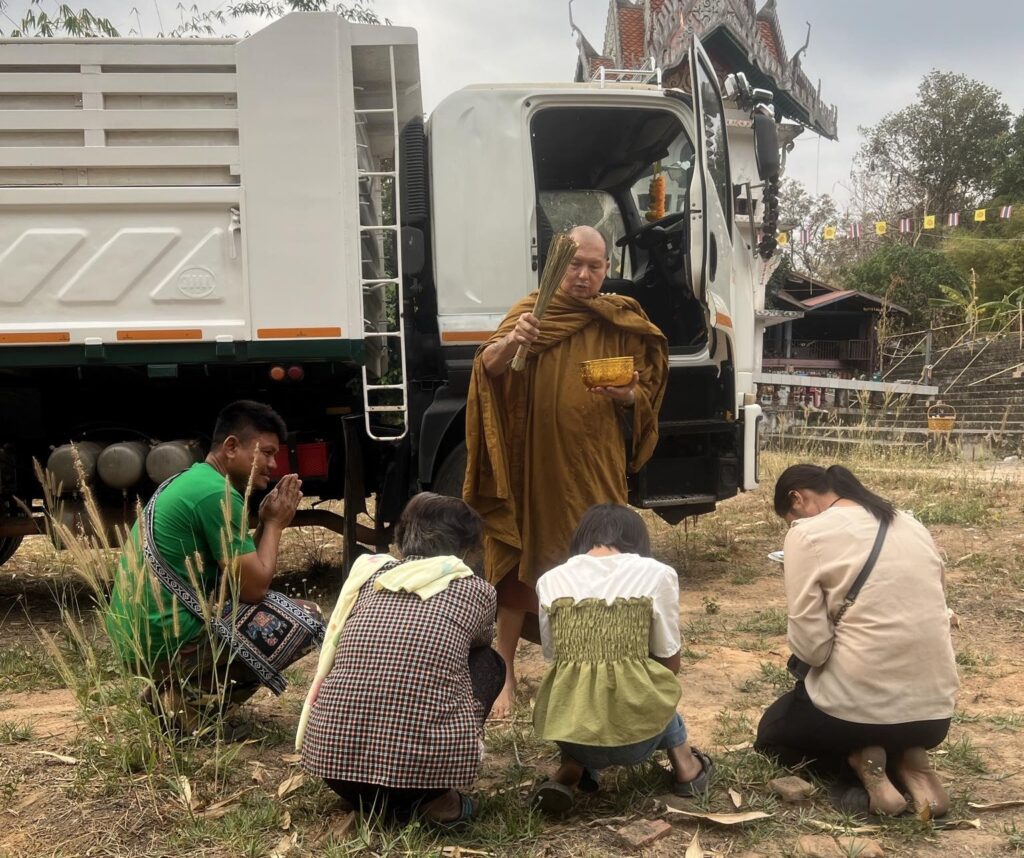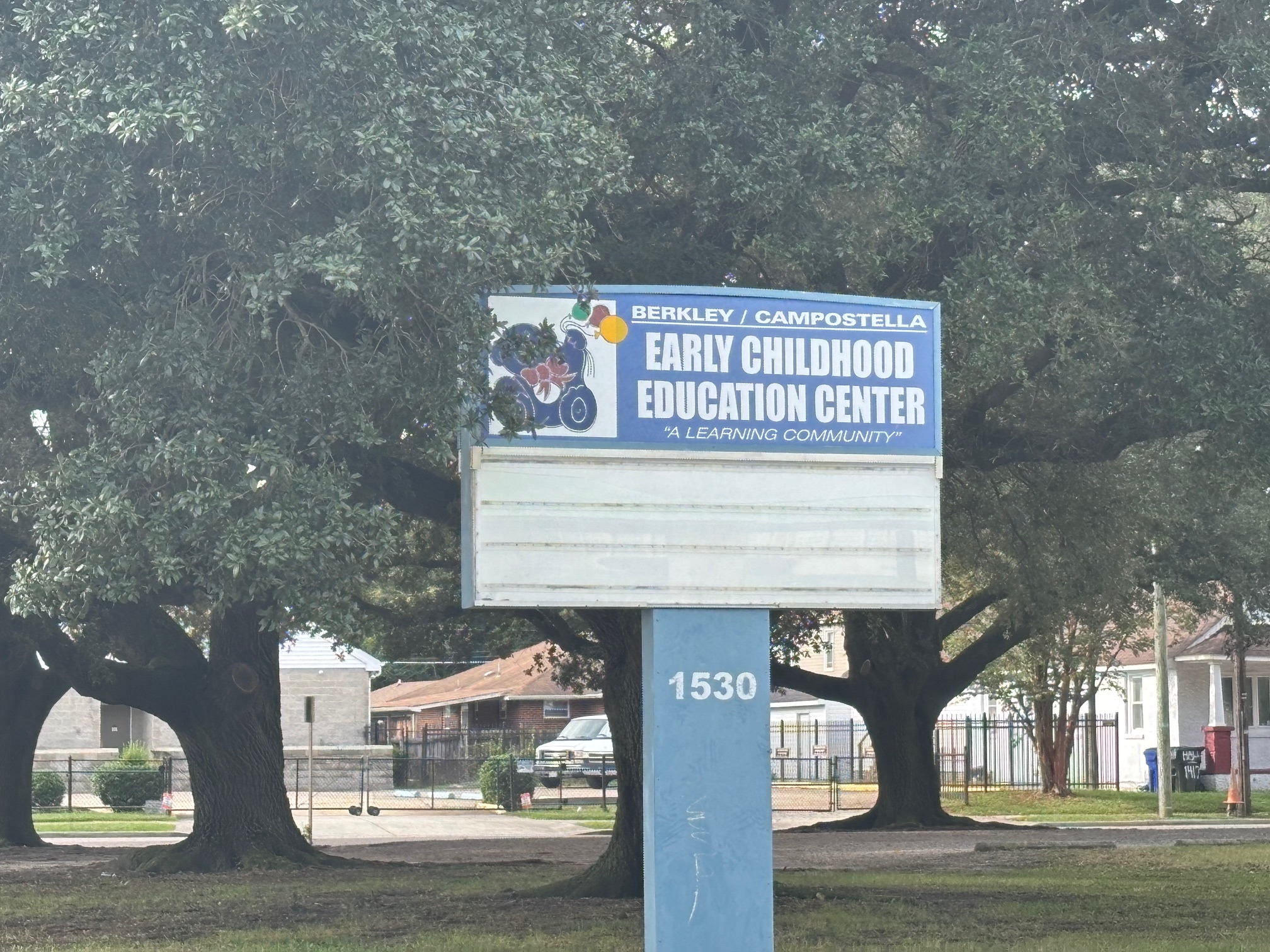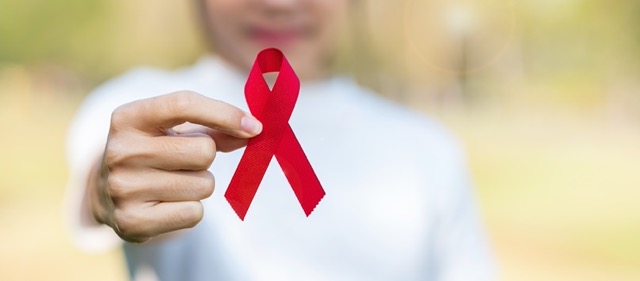(NONG SONG HONG, KHON KAEN, Thailand) — Somboon Papatsalo, a Buddhist monk and the only inhabitant of Wat Phra Khow Pha Dam mountain temple reflects on 40 years of service in a conversation with The Click. He describes his life’s journey, the surprising routine of a monk, and how Buddhism remains relevant in modern society.
This interview has been edited for length and clarity.
The Click: Why did you become a monk?
Papatsalo: I was a novice for many years until a car accident. I was in a coma for seven days. It changed my life. I was asleep, but I could see myself in the hospital bed. I saw myself walking as a monk in the future. My dream felt like a message from the universe. I believed it was a merit from a past life, allowing me to live on and create this reality.
How long have you been a monk, and how long have you been here at Wat Phra Khow Pha Dam?
I have been a monk for 40 years, and I’ve been here for 30 years. I was ordained in Bangkok, and after some time I was sent here by the Sangha. [The Sangha Supreme Council is the governing body of the Buddhist order in Thailand].
Describe your typical day.
I wake up at 2 or 3 a.m. to meditate until at least 4 a.m., praying. At 6 a.m., I go out to collect alms, and at 7 a.m., I eat the food people offered. After that, I clean or do construction work in the temple. At 6 p.m., I pray and go to sleep.
What if there is work to do?
I used to work for my family’s construction business. I usually have work here to keep me busy.
The interview was interrupted by a businessman requesting a blessing for a dump truck, and Papatsalo obliges.
This is it’s a common distraction and one I am happy to do.
How do you make Buddhism relevant to each new generation?
If it is a child, bring them to ordain or practice as a novice. Getting an older generation to let go of everyday struggles and anxiety requires time away from the material world and a view from another perspective. To adults, I will act as an example for them. I will teach [them] here to meditate, teach them to adhere to [Buddhist precepts], and not use their phone or social media every day. Disconnecting from the mundane is just one challenge to happiness. Each person must understand this within their own experiences. Everyone is different, and I have to speak to each one uniquely.
What is the biggest challenge facing Thai Society today?
Money. Those experiencing poverty are not poor, defined by how little they have, but by what they need. Because people must pay for water, electricity, and [for] children to go to school. This is causing younger people to have to work elsewhere to get money. When you are full, you have the option of passing your lips from the bowl, but when you are hungry, you must have food.
What is one thing everyone can do each day to be happier?
Meditate. Focus out, not on sounds or thoughts. Let everything go, and pray.


